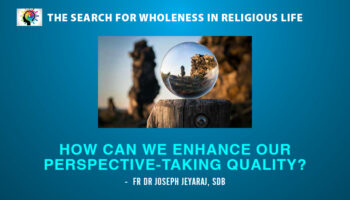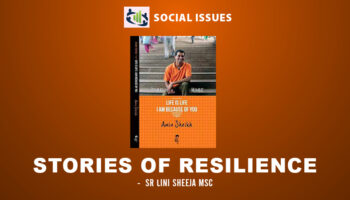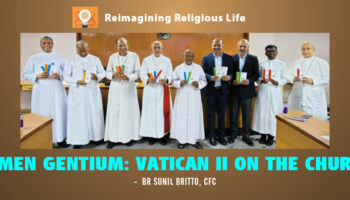In this September issue of Magnet, our spotlight is focused on the profound theme of “Listening and Learning.” In a world that is constantly evolving, it is imperative for us to champion the values of receptivity, growth, and empathy.
Teachers, those guiding beacons who shape the minds of the future, are not merely transmitters of knowledge but are, first and foremost, listeners and perpetual learners themselves. They recognize that the classroom is not just a place for one-way dissemination of facts, but a dynamic arena where diverse perspectives and experiences intertwine. A true teacher understands the art of listening, embracing the unique stories and voices of their students. By doing so, they foster an environment of inclusiveness and collaboration that empowers young minds to flourish. In India, Teachers’ Day is a cherished occasion to honor these guardians of enlightenment.
Education and the Art of Listening
Education has traditionally been celebrated as the gateway to knowledge, but it encompasses much more than a mere repository of facts and figures. It involves the art of cultivating the ability to truly listen – to engage with the voices that resonate with thoughts and emotions. Education seeks to build bridges of understanding among individuals, transcending the barriers that divide us, and fostering a sense of unity. The foundations of education should firmly rest on the principles of openness and inquiry, two virtues closely intertwined with the spirit of listening and learning. Learning suffers when educational autonomy is compromised. Teachers, who should champion free thought and critical examination, often feel restricted by conformity.
In today’s world, listening is paramount. Our society faces increasing suffering and violence, evident in headlines and viral videos. This is a clear call to action, emphasizing the need for our empathy and listening skills more than ever. Recent events, like the distressing case of our sisters in Manipur, who suffered a brutal violation of their dignity as they were paraded naked, has left an indelible imprint on our collective consciousness. This horrific incident serves as a testament to the depths of human cruelty. The fact that many of us still carry the burden of witnessing such atrocities underscores the urgency of our times. It impels us to confront the darkness and become beacons of hope.
Our Role as Church
In an era where those in positions of power and authority seem to have lost their way, where they no longer hear the cries or feel the anguish of their fellow human beings, it is the sacred duty of the Church to step forward. The Church is called to listen, to truly listen, with profound sensitivity. It must serve as a sanctuary where the suffering of the oppressed is not merely heard but deeply understood and solaced. Deep listening is an art that we must diligently cultivate, both as individuals and as a society. It surpasses the act of hearing words; it is about immersing ourselves in the pain, fear, and aspirations of others. Such a skill can only flourish in an environment of profound stillness, where the clamor of judgment and prejudice is silenced. It resonates with the pain of the people, for it is within this resonance that genuine empathy is born.
Jesus revolutionized teaching by introducing parables, fundamentally transforming education. He did so by attuning himself to the struggles of his people. In this issue of Magnet, our six Cover Stories explore our mission to revolutionize teaching by becoming lifelong learners in the school of life and pain. Teachers are not mere conveyors of facts; they are architects of empathy, builders of understanding, and champions of deep listening.
In addition to our regular columns, we present two articles on the concept of synodality, championed by Pope Francis as a model of listening and learning. These articles address different facets of synodality. The first delves into the events leading to the evolution of the Synod on Synodality, using the World Youth Day in Portugal as a parable of Synodality. The second reflects on how the sensibility of synodality can influence our life within the Church. Both articles will be followed by a second part.
We want to express our sincere appreciation to our writers and the dedicated editorial team for their hard work and unwavering commitment. We also extend our heartfelt thanks to our cherished readers, as without you, our existence would have no purpose. We hope you enjoy a delightful reading experience.
Pushpa Joseph
To subscribe to the magazine, click Subscribe





